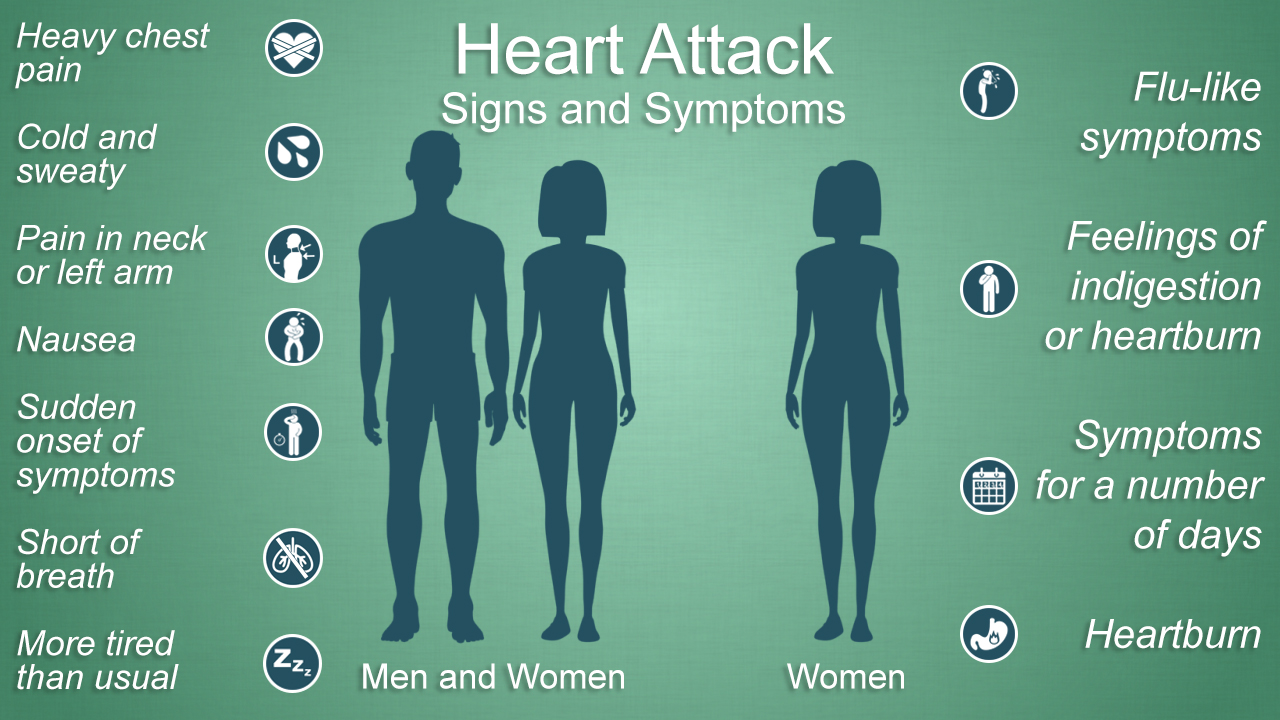Spontaneous Coronary Artery Dissection or "SCAD"
Spontaneous coronary artery dissection, or “SCAD”, is when a tear suddenly occurs within the layers of one or more of the coronary arteries. This can slow down or block the blood flow to the heart, leading to a heart attack.
What are the coronaries?
What is Spontaneous Coronary Artery Dissection (SCAD)?
What are the causes of SCAD?
What are the signs and symptoms of SCAD?
What are the possible tests for SCAD?
What are the possible treatments for SCAD?
What is the future plan if you have SCAD?
What are the coronaries?
Coronary arteries are blood vessels that sit on the surface of your heart. They play a very important role in supplying your heart with the blood it needs to function.
This image below shows the coronary arteries on the heart.

What is Spontaneous Coronary Artery Dissection (SCAD)?
Spontaneous coronary artery dissection, or “SCAD”, is when a tear suddenly occurs within the layers of one or more of the coronary arteries.
When the layers of the artery separate, blood can pool or collect in the area between the layers. This can form a blood clot which slows down or blocks the blood flow to the heart, leading to a heart attack, abnormal heart rhythm and sometimes death.
What are the causes of SCAD?
The causes of SCAD are unclear. SCAD mainly affects young, healthy people who have few or none of the typical risks for heart disease, such as diabetes, smoking, high cholesterol or obesity.
Common factors and potential triggers for SCAD include:
- Being female – SCAD tends to affect more women than men
- Pregnancy and giving birth – SCAD can occur in the first few weeks after delivery
- Blood vessel conditions – Fibromuscular Dysplasia can weaken the artery walls
- Intense exercise – such as intense aerobics, heavy weight lifting
- Intense emotional stress – such as a sudden death in the family, marriage breakdown, or job loss
- Inflammatory conditions – such as lupus, Crohn disease, ulcerative colitis, rheumatoid arthritis, celiac disease
- Connective tissue disorders – such as Marfan syndrome
- Recreational drugs – such as cocaine and amphetamines
- Intense hormonal therapy
What are the signs and symptoms of SCAD?
Signs and symptoms of SCAD are similar to heart attack symptoms and may include:
- Chest pain or pressure
- Shortness of breath
- Sweating
- Nausea and/or vomiting
- Dizziness
- Fast heartbeat
- Pain in your jaw, arm or shoulder
- Extreme tiredness
This image below shows common symptoms of a heart attack.

What are the possible tests for SCAD?
The tests that diagnose SCAD are similar to heart attack tests and can include:
• ECG
• Blood tests
• Coronary angiogram
What are the possible treatments for SCAD?
The treatment for SCAD depends on the size and the location of the tear. The goal of treatment is to restore blood flow to the heart and let the torn blood vessel heal on its own. Medication is often the preferred treatment for SCAD, as it is less invasive than surgery.
Invasive treatments, such coronary stenting or cardiac bypass surgery, may be needed if there is a complete blockage in the coronary artery, you become clinically unstable, or you have ongoing chest pain.
What is the future plan if you have SCAD?
When you leave hospital, it is recommended you enrol in a cardiac rehabilitation program. This program will give you support, education and appropriate exercise guidelines to help you recover physically and emotionally.
Your doctor may also suggest tests to look for weaknesses or faults in other blood vessels, as seen in conditions like Fibromuscular Dysplasia (or FMD).
If you’ve had SCAD once, you may be more likely to get it again in future. That’s why it’s important to have long-term, regular follow up appointments with your cardiac specialist.
The Victor Chang Cardiac Research Institute is leading Australian research into SCAD. If you are an Australian SCAD survivor and would like to be involved in the research program at the Victor Chang Institute, please email scad@victorchang.edu.au
A Facebook group has been set up especially for Australian Scad survivors. It's a great support network.